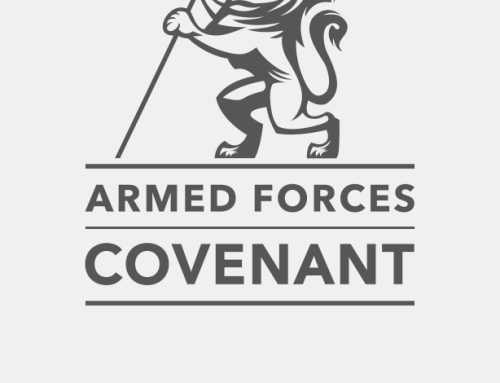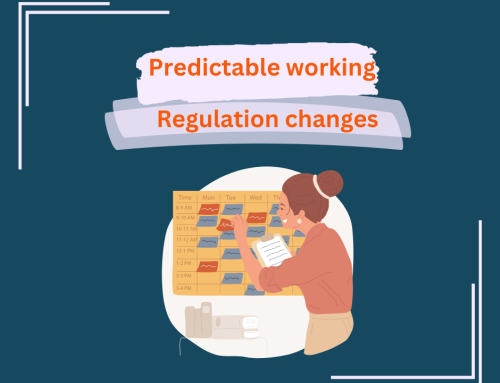Guest blog: Tracey Hutchinson is a people development specialist at People Excellence Performance with many years of working across organisations to bring the best that people have to their performance. Corporate level experience combines with a talent to create an environment where your staff want to help you to develop your business to deliver better performance. Tracey studied Business Psychology to MSc and holds an International Diploma in Risk Management.
If you’ve read the first article in this series, you’ll understand that the crisis approach to your business brings focus to negative behaviour and can influence what happens within organisations in the same way.
It’s recognised that this approach can keep people stuck in fight or flight mode and can lead to knee jerk, anxiety-based responses as adrenaline can be ever-present. As you know, adrenaline is the body’s response to extended stress; getting ready to run or turn and fight.
So, what sort of manager/leader behaviour could produce this kind of reaction? Here are a few examples;
- Constant change with no time to let things settle and for staff to get used to new roles
- Inconsistency in decision-making meaning staff no longer know what to expect
- Unfair treatment where behaviour or results in one area are not treated or received the same as in another
- Permanent crisis management where continuing short-term fixes leave no time for developing long term solutions
- Lack of boundaries within the business (eg between managers and staff) or between work and home time
- Lack of information leaving staff feeling uncertain
- Lack of sharing of strategic direction so staff cannot contribute to its success.
Do you recognise any of these in your business? Any of these aspects, if regularly present, will produce tried and tested survival responses from staff. You may see them being unwilling to co-operate; suspicion developing between or within teams; people becoming unwilling to share; a lack of personal investment in the organisation; people making mistakes, behaving inappropriately, sabotaging deals or ultimately leaving the business.
With a leadership focus on everything that’s wrong, the culture, business focus and customer service is likely to be conducted with the same filter. With internal risks such as these, consider what the potential outcomes could be. The first ones that come to mind might be;
- Bad decision making
- Poor product standards
- Destruction of employee psychological contract
- Unhappy customers
- Product recall
- Bad publicity
- High staff turnover
And, if the wheels really come off, there’s potential for claims for injury compensation; legal investigation; a court case and business failure.
I know that sounds drastic, but we’ve all seen the media coverage. None of these incidents really come about by accident, but will be the result of a history of failure to support staff effectively. So, where does the science of positive psychology and your HEROs (hope, self-efficacy, resilience, optimism) come in?
Have you heard of Positive Organisation Behaviour (POB)? POB is described as:
‘the study and application of positive oriented human resource strengths and psychological capacities that can be measured, developed and effectively managed for performance improvement in today’s workplace’ (Luthans, 2002b, p. 59).
If I asked you what would your staff have to do or feel to make your business performance soar, what would you say? Perhaps you would see staff being motivated and invested in making the business a success; a culture of learning and development; strategies working towards sustainable practice; increased job satisfaction and effective risk management? Staff will probably also be goal oriented, finding ways to persist when things go wrong, increasing their personal commitment and celebrating success?
In developing the four Psychological Capital (Psycap) state-like capacities of hope, self-efficacy, resilience and optimism, organisations are successful in developing POB. Rather than focusing on personality traits which, it is said, are unchangeable, improving HERO is more effective in producing altruism, conscientiousness, courtesy, supportive and principled actions, and excellent performance. That’s not to say that working with personality traits through an instrument such as Myers Briggs isn’t helpful in bringing awareness to behaviour and developing better strategies but maybe that’s a focus of another article!
What if your employees were empowered to make suggestions about changes to improve performance; maintain optimism in times of change and adversity to help them ride the storm and take your business along with them and focus on using their strengths in their work to help them add value – how does that sound?
In the next, and final, article in this series, we’ll tell you how you can introduce a culture of Psycap and POB into your business, no matter how large or small.
Connect with Tracey via LinkedIn, her website or email tracey@peopleexcellenceperformance.co.uk.
Talbot Jones Ltd is a community-focused commercial insurance brokerage based in Gateshead but working nationally. Get in touch if you’d value a free insurance review, advice or quotation.





